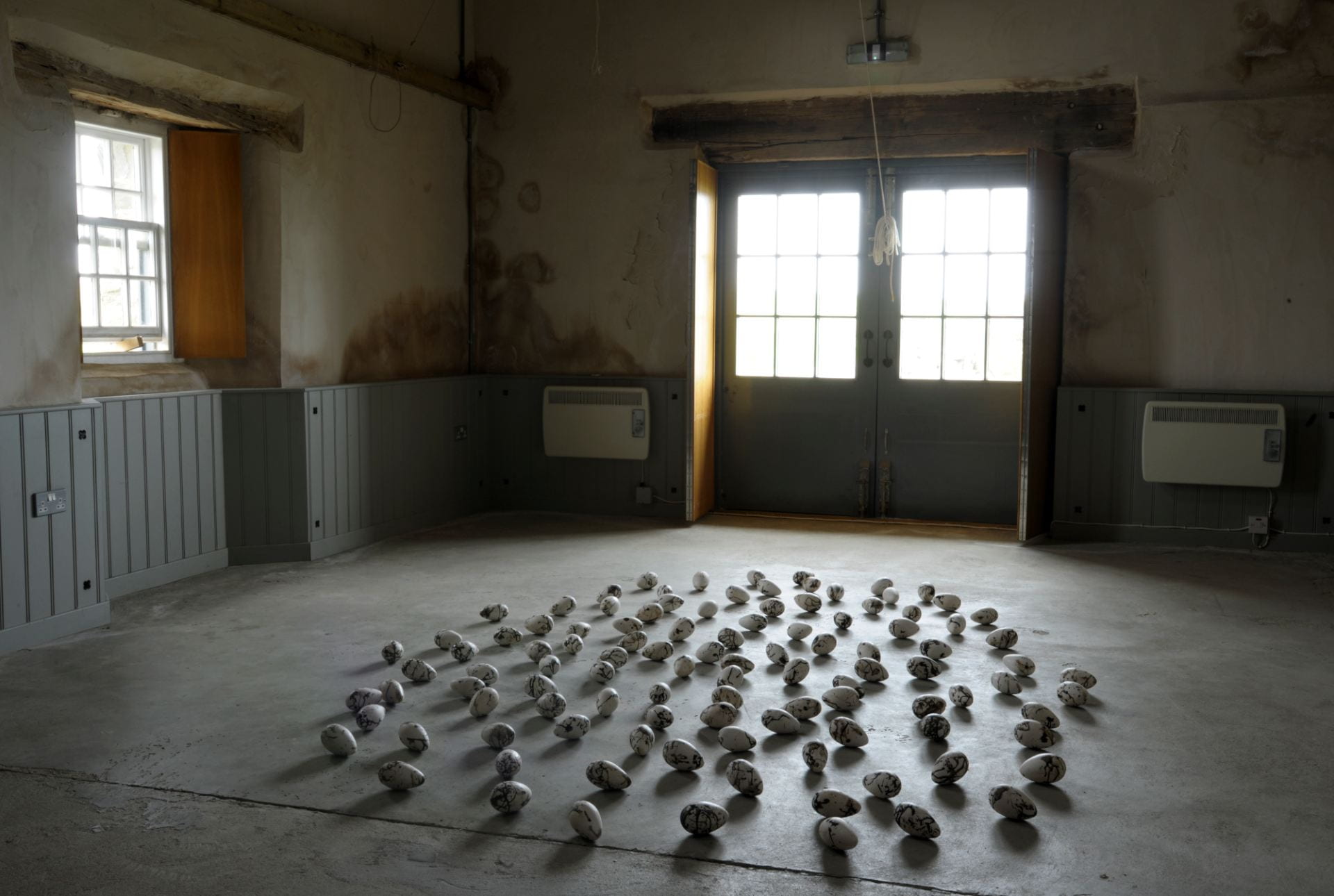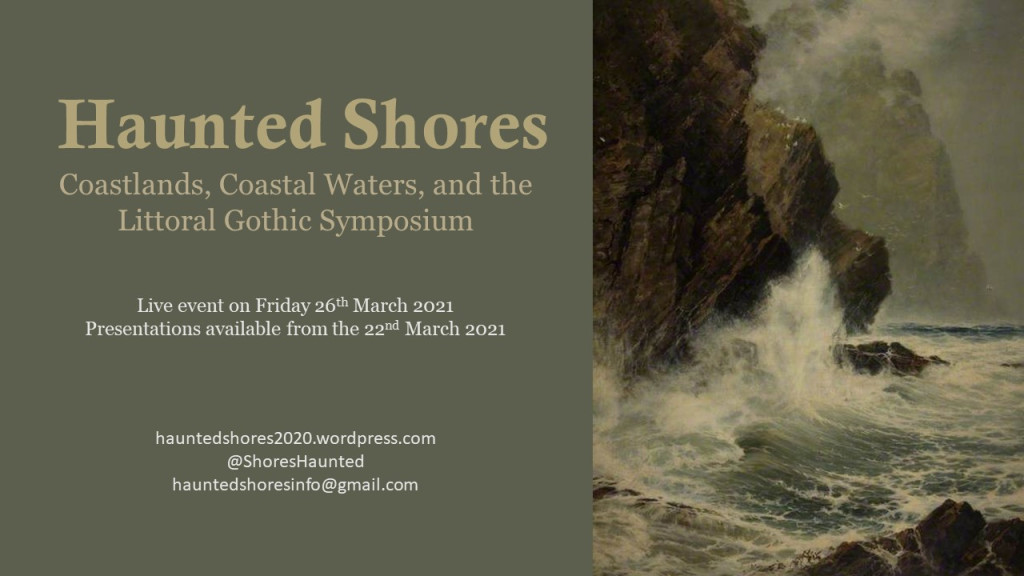Centre for Environmental Humanities, University of Bristol & online, November 2, 2023
How to engage in world making across species? How to work toward world making that enhances the lives of others? And how to do all this in the time of extinctions, knowing, as we must, that we are living amidst the ruination of others?
—Deborah Bird Rose, Wild Dog Dreaming: Love and Extinction (2011)
Growing awareness of massive biotic diminishment and the accompanying large-scale loss of biological and cultural diversity has led to a surge in academic interest into what has become known as the sixth mass extinction. Centred around the emergent field of critical extinction studies, this concern seeks to establish ‘an interdisciplinary, biocultural approach that can attend to the plural phenomena and entangled significance of extinction’.[i] Broadly speaking, this field comprises humanities and social sciences (including but certainly not limited to the academic fields of ecocriticism, human geography, environmental history and philosophy, cultural studies, and multispecies anthropology) and researches the ways in which the sixth extinction is perceived, experienced, and narrated among different communities and individuals. Defining an expressive mode for this work, Deborah Bird Rose and Thom van Dooren write that storytelling ‘is one of the great arts of witness, and in these difficult times telling lively stories is a deeply committed project, one of engaging with the multitudes of others in their noisy, fleshy living and dying’.[ii] Stories, in their most generous interpretation, Rose writes, ‘have the potential to promote understandings of embodied, relational, contingent ethics’ and can ‘pull readers into ethical proximity’.[iii] This raises the following questions: who is able to join this deeply committed project of telling stories, and what kind of stories are told? Dealing with unprecedented loss, the stories currently told are often driven by a strong elegiac impulse.[iv] As the Australian poet John Kinsella writes in response to the extinction of the Christmas Island Pipistrelle: ‘What family / will post your obituary — trapped / in descriptors and comparatives, analogies / and desperate metaphors?’[v] But there are many ways to tell stories, and these are certainly not limited to the spoken and written word.

In this light, this call for creative practices aims to gather together myriad other modes of expression concerned with extinction and the ways in which biocultural loss affects more-than-human communities. In doing so it seeks to explore alternate modes of telling these extinction stories beyond the elegiac, and beyond the confines of the academic journal or book. Our interest in creative practices here is a broad one, encompassing a range of different mediums, approaches, and forms of creativity. It is about art-making as a process, not just as an outcome; a way for practitioners, researchers, or academics to explore different ways of knowing. Our concern is therefore with the doings of art. We want to explore what ‘“work” art does in the world’ in context of extinction, what it can set in motion.[vi] We think that art does far more here than simply help promote understanding, foster engagement or raise awareness. Instead, we want to explore how (or if!) a plurality of individual creative responses expressing personal emotional, ethical, poetic, critical, and many other reactions to biocultural loss are quietly (or even loudly) involved in the production of new worlds, knowledges, and subjectivities.[vii] To help us explore these ideas we invite contributions from artists, writers, activists, and academics (both individuals and collectives) that seek to make connections between creative practices and biotic diminishment, biodiversity loss, or extinction. While the symposium itself focuses on creative practice, other reflections on extinction are also welcome. We hope to publish some of the work resulting from this event at a later stage. Proposals may include:
- Written texts, both fiction and nonfiction (4500–5000 words)
- Poetry (up to five poems)
- Artworks
- Film
- Performance
- Artistic interventions/reflections/provocations (3500-4000 words)
The symposium will be hybrid. Registration is free; lunch (vegan only) will be provided. Please let us know if you have any allergies.
Please submit abstracts and/or short proposals (300 words, with accompanying images—max. 3—as necessary) to e.tabak@bristol.ac.uk and milo.newman@bristol.ac.uk by 31 August, 2023. While work is welcome in any language, we ask that the presentations and abstracts are in English. Please include a short bio for each contributor. Selected contributors will be notified by September 15, 2023.
This event is generously supported by the Bristol Centre for Environmental Humanities.
[i] Matthew Chrulew and Rick De Vos, ‘Extinction: Stories of Unravelling and Reworlding’, Cultural Studies Review 25.1 (2019): 23–28, 24.
[ii] Thom van Dooren and Deborah Bird Rose, ‘Lively Ethography: Storying Animist Worlds’, Environmental Humanities 8.1 (2016): 77–94, 91.
[iii] Deborah Bird Rose, ‘Slowly ~ Writing into the Anthropocene’, TEXT 20 (2013): 1–14.
[iv] Ursula K. Heise, Imagining Extinction: The Cultural Meanings of Endangered Species (Chicago: University of Chicago Press, 2016).
[v] John Kinsella, ‘Not the Postage Stamp of the Christmas Island Pipistrelle!’, Red Room Poetry (2020).
[vi] Harriet Hawkins, For Creative Geographies: Geography, Visual Arts and the Making of Worlds (Milton Park & New York, NY: Routledge, 2012), 6.
[vii] Simon O’Sullivan, Art Encounters Deleuze and Guattari: Thought beyond Representation (London: Palgrave, 2009).


